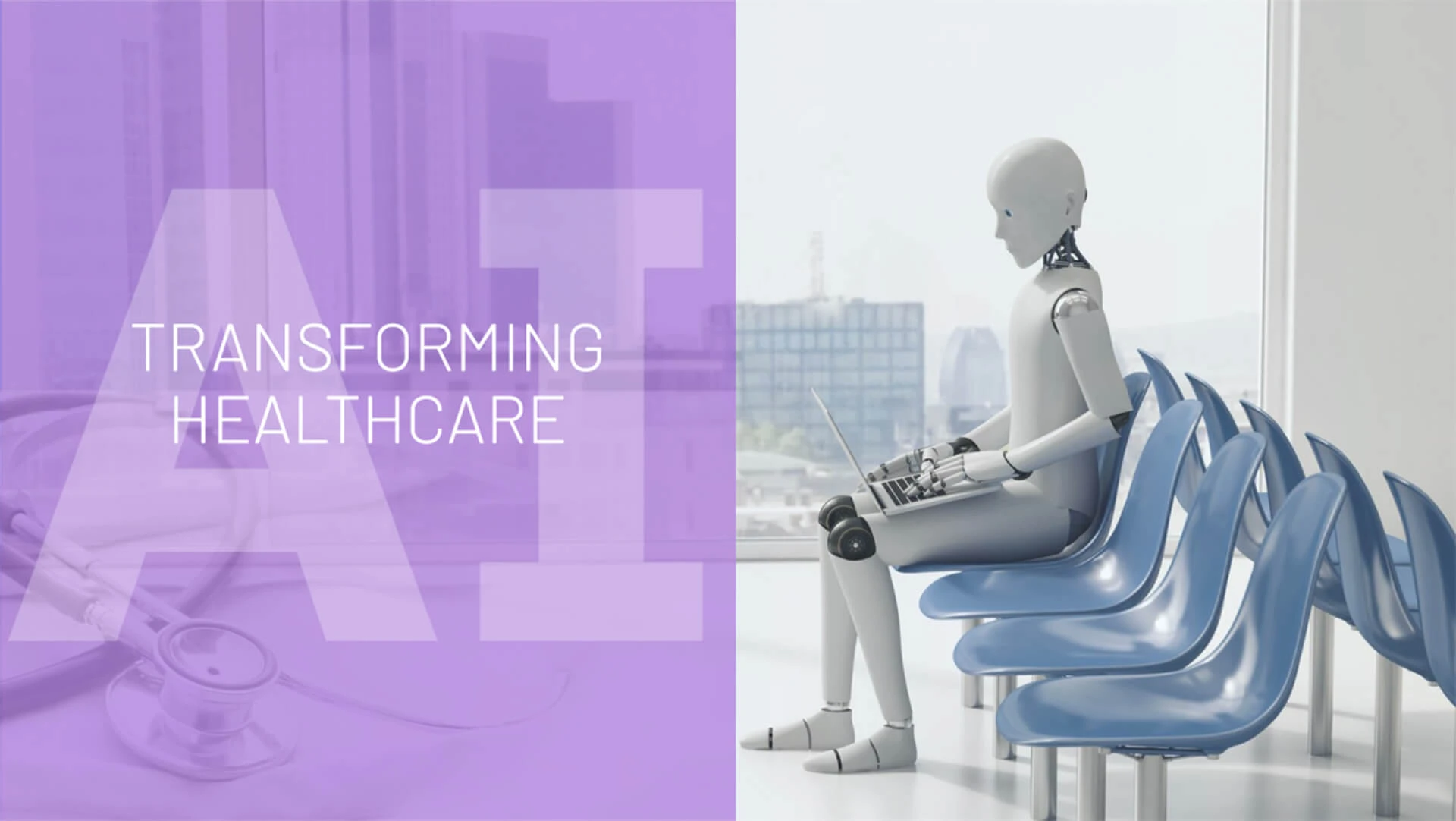
Image credit: Generated with LinkedIn's Microsoft Designer
Originally appeared in LinkedIn Future Singularity
Perspective
The integration of artificial intelligence (AI) into our medical systems promises to bring about revolutionary advancements in healthcare. To some, this means an exciting crossroads where AI has the ability to improve patient outcomes and create new roles in the healthcare industry. To others, it raises concerns over their value in current roles and the possibility of being replaced by these advancements in technology.
As these concerns arise, there have also been countless discussions around the possibility of the latter. Taking many variables into consideration, simply including the current state of the technology and the future possibilities of its advancements, the common consensus has been that AI isn't here to replace humans. Despite concerns about job displacement, it's here to complement the work currently being performed, improving both the effectiveness and compassion of healthcare.
Automating Efficiency and Elevating Care
AI isn't simply about complex algorithms; it's about allowing medical staff members to devote more of their time to what matters most: their patients. AI can provide healthcare providers with the time to engage more deeply with their patients and provide more individualized treatment and support, resulting in stronger patient relationships and increased treatment efficacy. These benefits can be incurred by handling the tedious tasks like automating scheduling, insurance processing, and record transcribing.
AI can optimize the supply chain and help keep things working smoothly behind the scenes, ensuring that hospitals have the materials they require and that patients receive the treatment they deserve without undue delay. Patients gain real advantages from this backend operations optimization, which guarantees prompt access to vital resources and improves their overall healthcare experiences.
https://www.matellio.com/blog/clinical-workflow-automation/
https://www.weforum.org/agenda/2024/01/generative-ai-large-language-models-data-outcomes-healthcare/
A Personalized Approach
When we think about the possible outcomes, we have to consider the possibility that each patient could potentially receive care that has been customized to meet their unique needs? After all, that seems to be the promise of AI in healthcare. As touched upon earlier AI could assist medical professionals in creating individualized treatment plans and achieving more accurate diagnoses by more efficiently analyzing massive volumes of data.
Considering all of the implications of its use, AI is more than, in simple terms, a means of analyzing large data sets. In more complete terms this could be defined as clinical decision-making through the combination of enormous volumes of patient data with medical literature to help healthcare professionals make well-informed, fact-based choices. More accurate diagnosis and successful treatment are made possible by this incorporation of AI-driven insights into clinical workflows, which opens the door to better patient care.
https://www.nature.com/articles/s41698-024-00517-w
Challenges and Opportunities
As AI becomes more integrated into the healthcare field, healthcare professionals face both possibilities and challenges. Healthcare personnel must embrace lifelong learning and continually update their abilities to keep up with technological changes. To prepare their staff for the AI-driven future, employers need to invest heavily in training programs. At the same time, legislators need to create regulatory frameworks that guarantee the ethical application of AI in healthcare, addressing issues with data privacy, prejudice, and responsibility.
Integrating, AI to any degree, requires a cultural shift in healthcare organizations in order to create a collaborative atmosphere where interdisciplinary teams work together to fully realize the potential of AI. By working together, we can use AI to create a more inclusive and compassionate healthcare system in which everyone has access to the treatment they require and deserve.
https://www.sysaid.com/blog/service-desk/automating-healthcare-workflows
Pioneering a Diverse Yet Dynamic Future
With AI reducing bias in hiring and promotion procedures, the healthcare industry stands to benefit from a future characterized by inclusivity and diversity. AI has the power to level the playing field, eliminating discrimination in recruiting and advancement procedures and guaranteeing that every person has an equal chance at success. However, it is our responsibility to celebrate this difference and establish a setting where each person feels appreciated and supported.
AI also helps democratize healthcare by extending access to medical knowledge outside of conventional hospital settings. Artificial intelligence-powered telemedicine technologies facilitate remote consultations, addressing underprivileged people and removing geographic barriers to healthcare access. This democratization of healthcare ensures equitable allocation of medical resources and promotes global health equity.
Embracing the AI Revolution
In summary, AI has the potential to completely transform the healthcare industry in ways that most never could have predicted. However, the goal here is not to replace the element of human touch with that of cold technology, but rather to use this technology to improve the delivery of care, making it more individualized and, if possible, more compassionate. As they say, “we are all in this together” as we enter this new chapter in the history of healthcare. We can build a more compassionate and efficient healthcare system in the future by cooperating and seizing the opportunities that AI offers.


